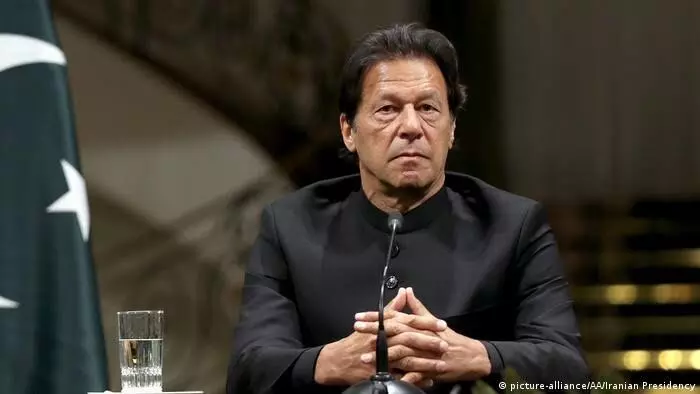
Pakistani government faces public backlash for new set of IMF loans
text_fieldsIslamabad: Pakistan is the only nuclear-capable country which needs to beg for decades of loans in order to manage it's daily affairs, a stinging editorial published in a prominent Pakistani publication claimed, even as the government of the country announced a 6th tranche of loans approved by the International Monetary Fund (IMF).
'Islam Khabar' reported that public confidence in the government was at an all time low and that Pakistani citizens were discontent with the financial mismanagement and corruption prevalent in the upper echelons of the Imran Khan government. Dependence on foreign funds was also a cause for dissatisfaction, it said.
"It is not only surprising but also regrettable that the Finance Minister, by enslaving the nation, expressed happiness over the receipt of a new installment from the IMF," another media report noted, referencing Finance Minister Shaukat Tarin's tweet welcoming the INF's decision to grant Pakistan a loan of $100 billion.
Fuel prices and power tariffs in Pakistan are at historic highs as a result.
Last week, Pakistani opposition leader and Jamaat-i-Islami (JI) chief Sirajul Haq has hit out at Prime Minister Khan, accusing him of having turned over control of the country's finances to foreign entities like the IMF while also destroying crucial institutions in the country.
"The PTI government is the worst in the country's history, which devalued the national currency by over 58 per cent without the country fighting any war or undergoing any emergency," reported the News International quoting Sirajul Haq.
"Imran promised to build 5 million homes, but instead made millions of people homeless. He promised to liberate the country of IMF, but instead given the State Bank under its control," he said, during an address at Gujranwala.
The fresh funds constitute an installment of a USD 6 billion bailout package. IMF's Executive Board had cleared the bailout package for Pakistan on July 3, 2019.
"Pakistan remains vulnerable to possible flare-ups of the pandemic, tighter international financial conditions, a rise in geopolitical tensions, as well as delayed implementation of structural reforms," the IMF noted in a staff report prepared for the executive board.











